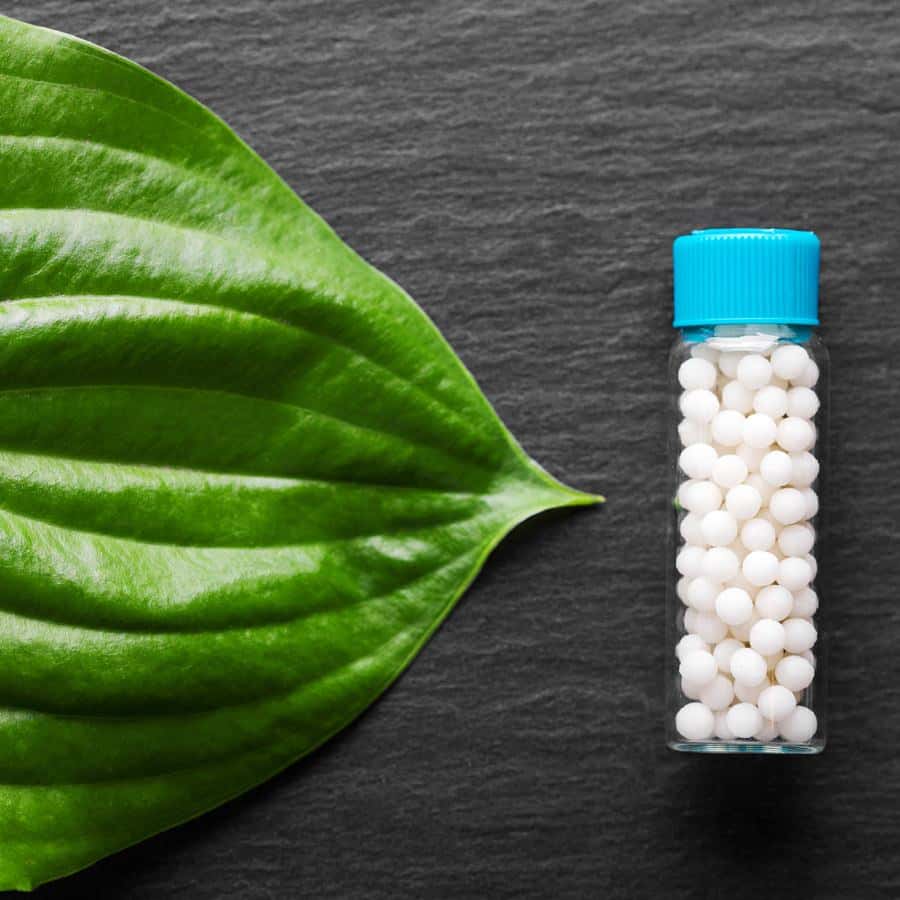
Homeopathy got its start around the turn of the 19th century. That’s when the German physician, Samuel Hahnemann, published his law of similars. His idea was that like healed like. In other words, if someone was experiencing nausea and vomiting, they would benefit from taking a highly diluted dose of an herbal extract that causes nausea and vomiting.
In homeopathy, dilution is a central tenet. The idea is that the most dilute medicines are the strongest. As a consequence, some preparations are so dilute that they contain little, if any, of the original active ingredient. Compared to the toxic drugs of late 18th and early 19th centuries, homeopathic remedies were far less likely to cause complications. That contributed to their popularity at that time.
Homeopathy Has Become a Big Business:
During the 20th century, homeopathy was gradually relegated to the sidelines of medicine. Pharmaceutical products were increasingly supported by scientific studies. For the most part, homeopathy was not. People who wanted to use homeopathic preparations had to search hard to find a practitioner who could prescribe and supply them. By 1988, the FDA had decided it didn’t need to worry about homeopathic products and wouldn’t bother regulating them like other medicines.
With the advent of the Dietary Supplement Health and Education Act of 1994, however, the FDA was discouraged (though not prevented) from regulating a wide range of alternative therapies. Since then, homeopathic medicines have become a big business, with annual sales around $3 billion. Health food stores and pharmacies around the country carry them as OTC products.
FDA Will Regulate Homeopathy:
Now the FDA is poised to crack down on homeopathic products.
The commissioner, Scott Gottlieb, says:
“Our approach to regulating homeopathic drugs must evolve to reflect the current complexity of market, by taking a more risk-based approach to Enforcement.”
The agency says it will focus special attention on dangerous products and on those aimed at babies and children. Last year 10 children diet and hundreds had adverse effects from OTC homeopathic teething remedies that contained toxic amounts of belladonna, a nightshade derivative. Several years ago, homeopathic nasal sprays containing zinc were sold as cold remedies. A number of consumers reported losing their sense of smell after using the sprays. The company settled a class action lawsuit. Within a few years, the FDA warned the manufacturer to change its products or face the consequences.
Homeopathic products are not the same as botanical medicines that contain active ingredients in pharmacological doses. Nonetheless, many consumers find it difficult to distinguish between these different forms of alternative medicine.

